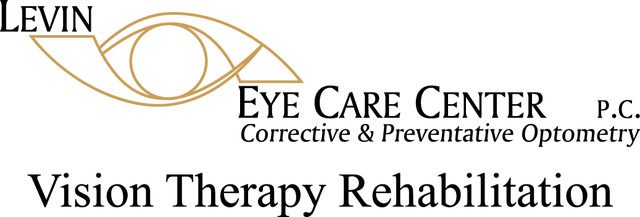Diabetes is a disease that can negatively affect health in many ways, including healthy eyesight.
Diabetes brings with it an increased risk of developing several different eye diseases. These are grouped under the umbrella term “diabetic eye disease,” and they include cataracts, glaucoma, diabetic macular edema (DME), and diabetic retinopathy. With all of these combined, diabetes is a leading cause of blindness all across the world and that’s why it’s so important to schedule your routine diabetic eye exams.
The Mechanics of Diabetes
Type 2 diabetes (or gestational diabetes, which works the same way while it lasts) impairs the body’s ability to use insulin to regulate blood sugar effectively. If it isn’t carefully controlled, this can lead to periods of high blood sugar. Sugar feeds harmful bacteria, so high blood sugar is hard on blood vessels and raises the risk of infection. Let’s take a closer look at what that means for these sight-threatening conditions.
Cataracts
People with diabetes are two to five times more likely to develop cataracts than people without. The reason diabetes increases the risk of developing cataracts because poorly controlled blood sugar can cause swelling in the eye’s lens, and can cause opaque proteins to accumulate in the lens, making it cloudy. Fortunately, cataract removal surgery is a very common, safe procedure.
Glaucoma
Our eyes are constantly replacing the fluids inside them to keep functioning properly. Glaucoma is when the pressure on the optic nerve increases, and damage occurs (up to and including permanent blindness). Diabetics are more likely to develop glaucoma than their non-diabetic peers. Glaucoma doesn’t always have symptoms in the early stages, which is one reason it’s so important to keep up with regular eye exams.
Diabetic Retinopathy And DME
Retinopathy is when the blood vessels in the back of the eye leak blood into the fluid that fills the eye, appearing as dark blotches in the field of vision. Our eyes attempt to compensate for the damaged blood vessels by growing new ones. This isn’t very effective because the new vessels are fragile and more likely to leak than the original ones.
High blood sugar puts a serious strain on blood vessels, which is why diabetes is such a serious risk factor for retinopathy. If it advances far enough, diabetic retinopathy can become DME, which involves blurred central vision and can lead to retinal detachment and blindness.
Protect Your Sight with Regular Diabetic Eye Exams
Your two best resources for protecting your sight from the effects of diabetes are you and your eye doctor. If you can keep your blood sugar close to normal levels, you will reduce your risk of these eye diseases. Meanwhile, when you come in for regular eye exams, we can check for any early signs of problems, reducing the risk of blindness by as much as 95 percent.
